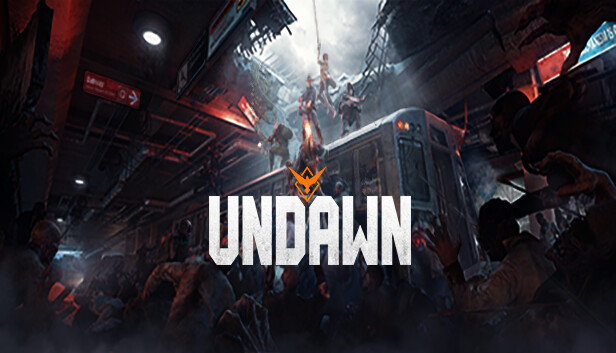Tencent’s ambitious venture into the zombie survival gaming realm, Undawn, which garnered significant attention due to Hollywood superstar Will Smith’s involvement, has reportedly faced a dismal reception in its initial year of release, with financial woes plaguing its progress.
Despite the star power of Oscar-winning actor Will Smith, Undawn’s journey has been marred by disappointment since its launch in June 2023. While the game managed to attract a degree of popularity among both casual and competitive gamers, it has struggled to translate this into financial success, falling short of revenue targets.
Undawn, a collaborative effort between Tencent and developers in Hong Kong, immerses players into a post-apocalyptic world fraught with danger. Set four years after a catastrophic event, players traverse through desolate streets, encountering hordes of zombies and other undead adversaries, armed with an arsenal of weapons to survive the ordeal. Adding a touch of celebrity glamour, Smith assumes the role of Trey Jones, a guide character intricately designed to resemble the actor himself.
Recent reports from Reuters shed light on Undawn’s financial turmoil, indicating a stark disparity between its colossal production budget of $140 million and its meagre revenue earnings, which barely exceeded $300,000 in the past month. The inclusion of Will Smith’s likeness, while initially perceived as a significant draw, may have contributed to the game’s financial downfall, underscoring the challenges of leveraging celebrity endorsements in the gaming industry.
Undawn’s struggles reflect broader challenges faced by Tencent, with other high-profile projects such as the Nier game encountering similar setbacks. The exorbitant costs associated with licensing intellectual properties and personalities, coupled with the complexities of implementing sustainable monetisation models, pose formidable hurdles for video game companies navigating an increasingly competitive landscape.
The implications of Undawn’s financial underperformance extend beyond Tencent’s portfolio, highlighting the precarious nature of investments in the gaming sector. With lucrative opportunities for revenue generation constrained by escalating production costs and revenue-sharing agreements, industry players are compelled to re-evaluate their strategies to achieve profitability.
Amidst the gloomy outlook, Tencent remains undeterred, pinning hopes on forthcoming releases such as the Elden Ring game inspired by Genshin Impact. Meanwhile, Undawn players are urged to savour the experience alongside Will Smith’s digital alter ego, as the game grapples with its uncertain future in the volatile gaming market.
In conclusion, Undawn’s failure to resonate with audiences underscores the complexities of navigating the gaming industry’s evolving landscape, serving as a cautionary tale for developers and investors alike. As the quest for profitability persists, stakeholders must embrace innovation and adaptability to thrive in an increasingly competitive environment, where success is far from guaranteed.


